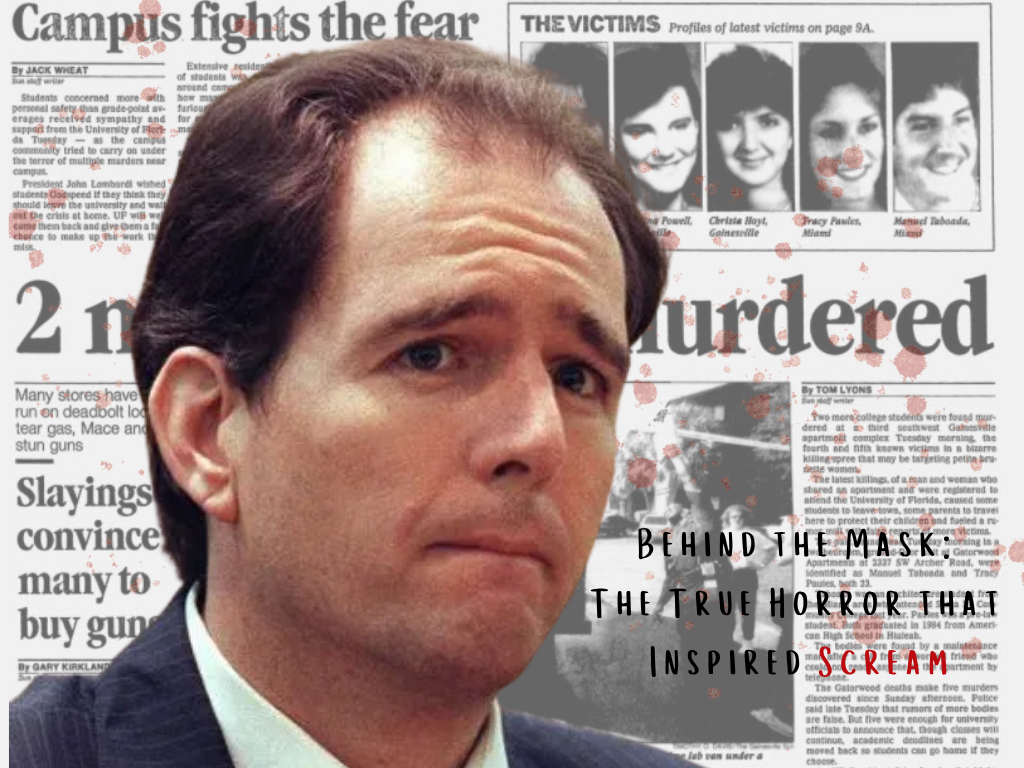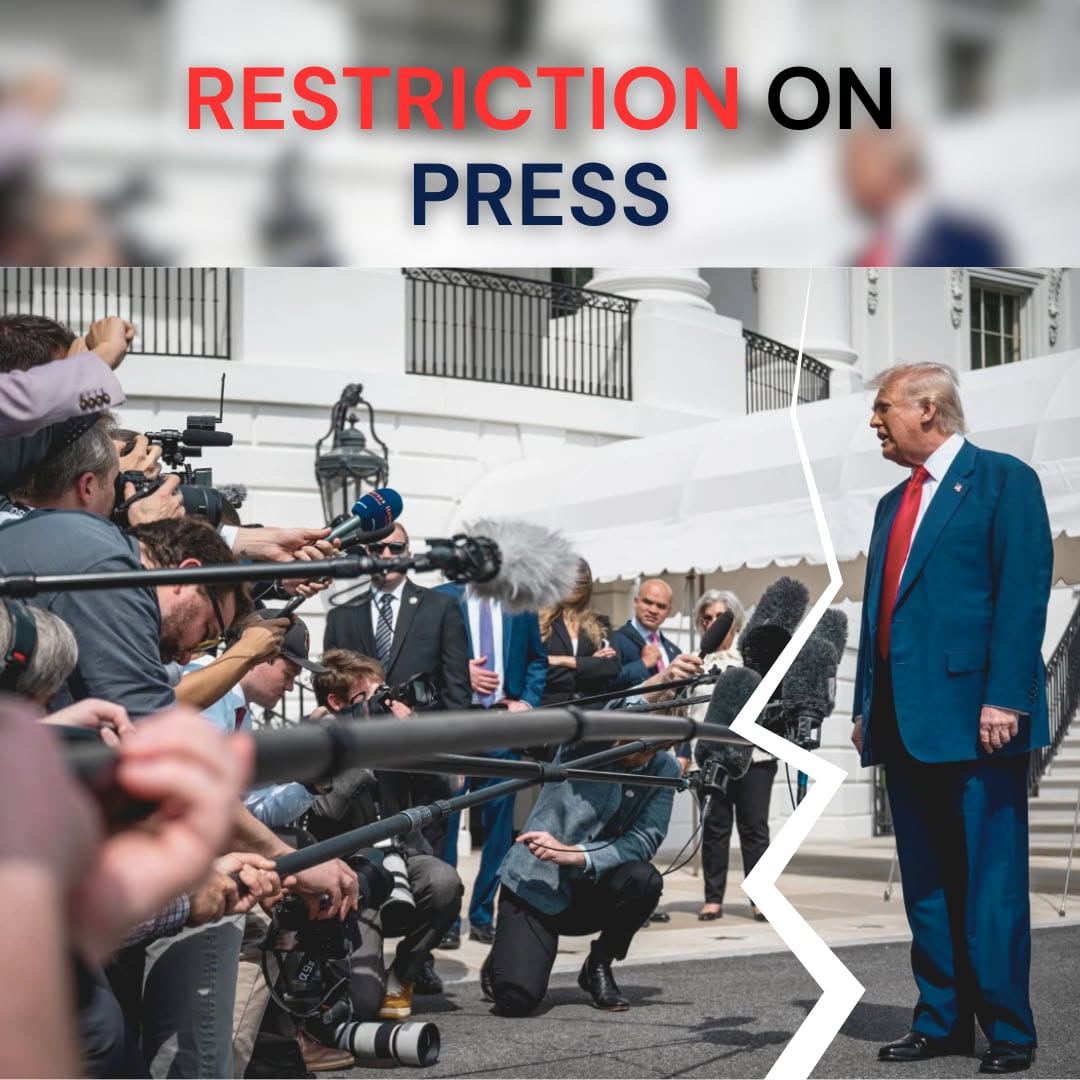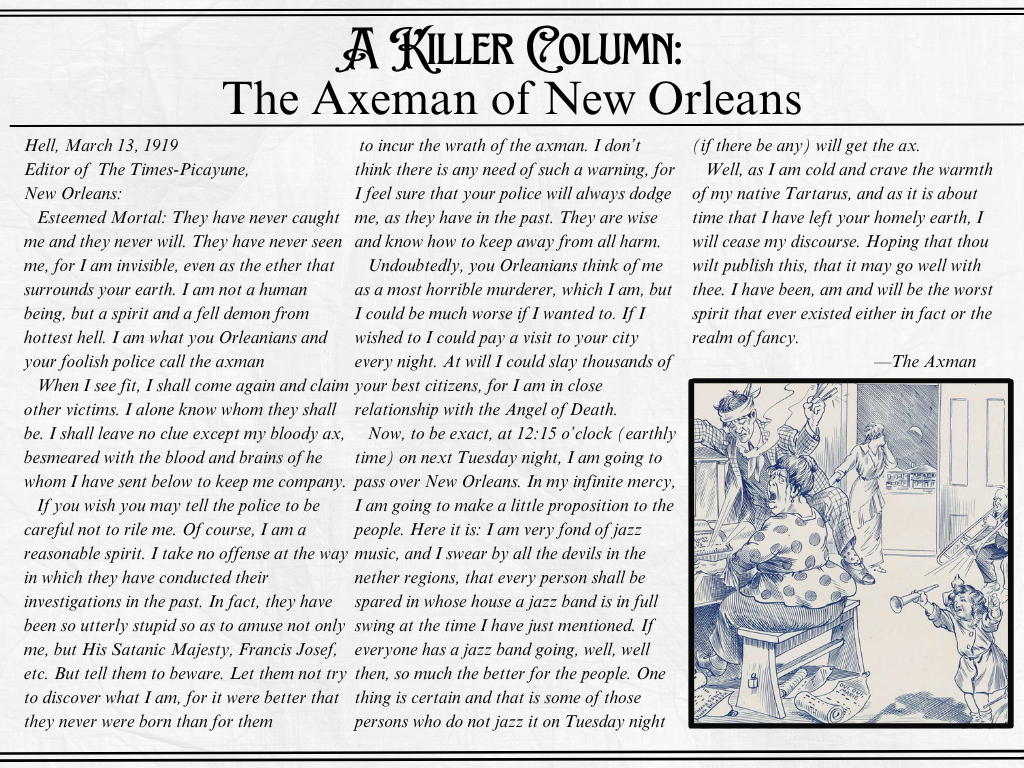What is deselection?
ML: When you are choosing books for a collection, you call it selection. When you are choosing books to remove from the selection, you call it deselection. So we are removing books from the collection methodically.
What kind of books are being deselected?
ML: The books that we are removing are outdated, inappropriate or aren’t relevant to the university collection, we have too many duplicates of or are otherwise in very bad shape and should probably go onto that big library in the sky.
When you say inappropriate, what do you mean?
ML: Well, one example of that would be a nursing textbook from 1965. I don’t know that I want my nursing students using a textbook from that far ago. Medicine changes; technology changes. Views change. One of my colleagues found a title “Women in the Laboratory?” with a big fat question mark. The implications being why are women in the laboratory without trays of martinis?
What is happening to the titles that are deselected?
ML: Some of these titles are going to the dumpster. Often times they are in very poor condition. You can only repair a book so many times before it becomes pointless.
Encyclopedias are being removed from the collection because most of ours are from the 1990s. I don’t know if you know, but a lot of stuff has happened since 1999.
It is lamentable and I hate as much as the next book loving person to put a book in the garbage that might not necessarily need to be there, but again we are restricted by the law in how we can dispose of these.
My friend is an archivist in a special collections library and she’ll tell you that once a bookworm, and yes there is such a thing, or mold gets in there, there is no way that you can salvage that title.
And we’ve found some of that; it’s a downside of living next to a humid bayou.
We have to get rid of that stuff because there’s nothing else you can do for it.
Have you found any bookworms?
ML: I haven’t which is good because if I had I would be screaming because I’m not good with worms.
Mostly we have found mold and water damage.
What is being done with the older books in the collection?
ML: Things that are legitimately valuable, yes, they are being moved up to special collections to be preserved or guarded.
Actually our special collections librarian has been working off a list generated by our technical services library to identify those books immediately and pull them so we aren’t encountering many ourselves.
We’re trying to save that stuff and find anything from the early 1900s or the 1920s, when they really had a flair for making books pretty.
How is this going to affect students and faculty?
ML: On the one hand, it is going to affect both of those groups very positively.
We will be reducing the collection from four floors to two. Those two reaming floors of books will represent a collection that has been methodically culled to represent titles that faculty have helped us determine should remain in the collection, titles that are up to date, titles that reflect the current curriculum of the university.
What will be there will be the crème de la crème, the most relevant and up-to-date materials that we have.
What is the best part of deselection?
ML: It’s getting rid of really, really junky stuff that is really hard to justify holding onto in a research library. I’ve held onto some things that I thought are really interesting to share with people.
Favorite book that you’ve found?
ML: “The Great Soviet Encyclopedia,” I’m going to take that home whenever I have a place to put it.
It’s the English language version that was produced in Russia during the soviet period, and it is virtually a hate letter to the United States and a celebration of all thing Soviet.





